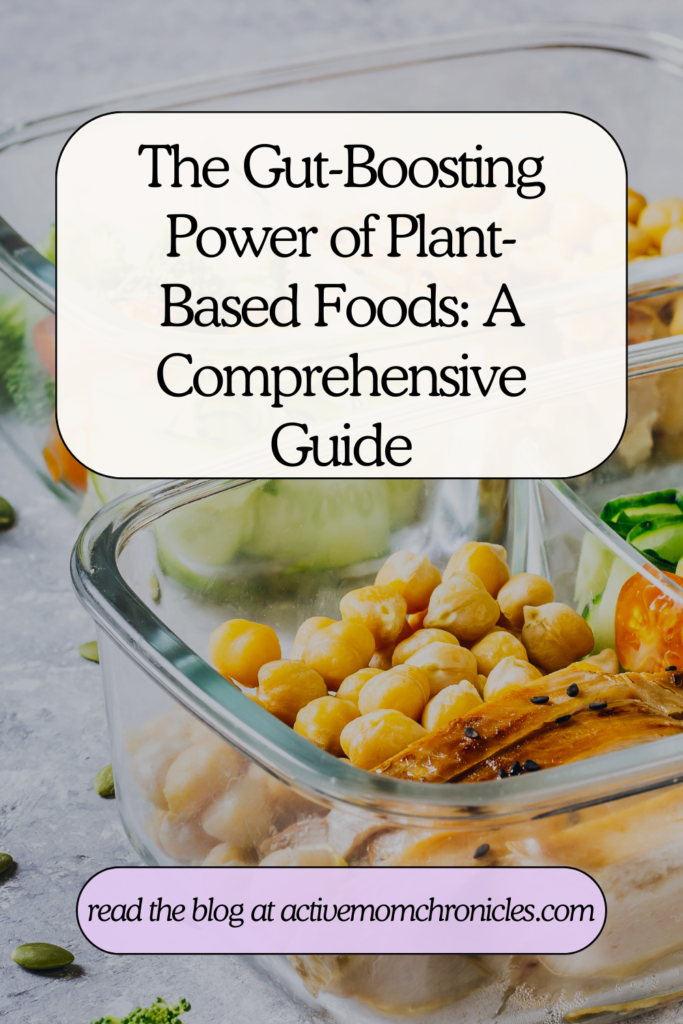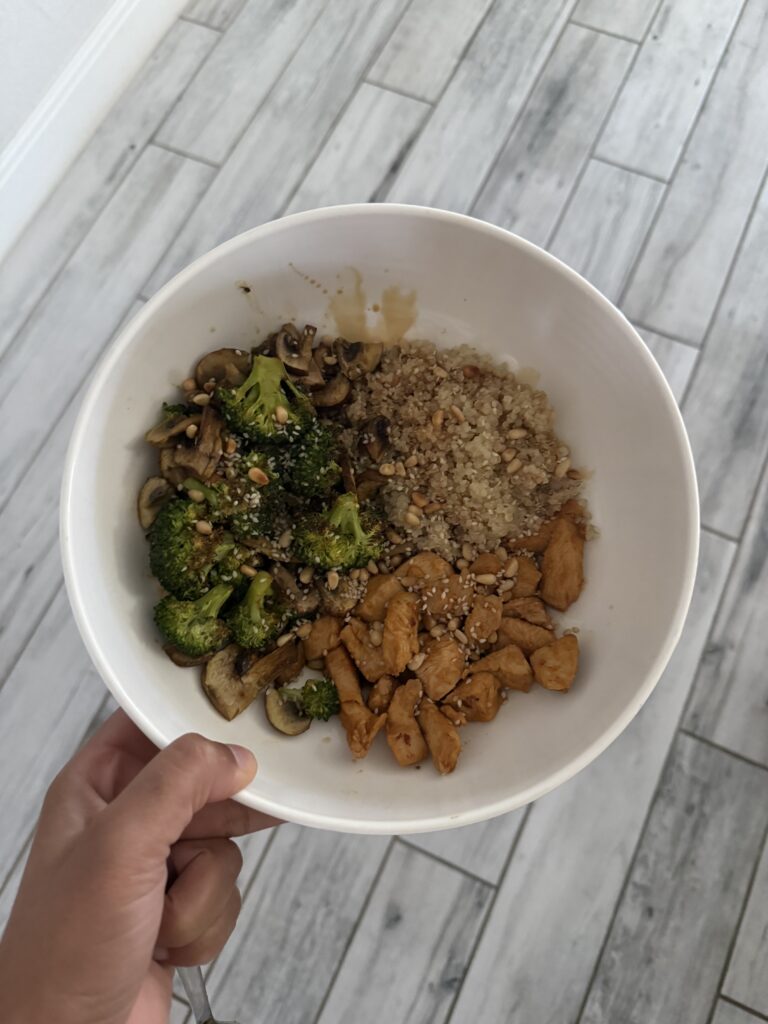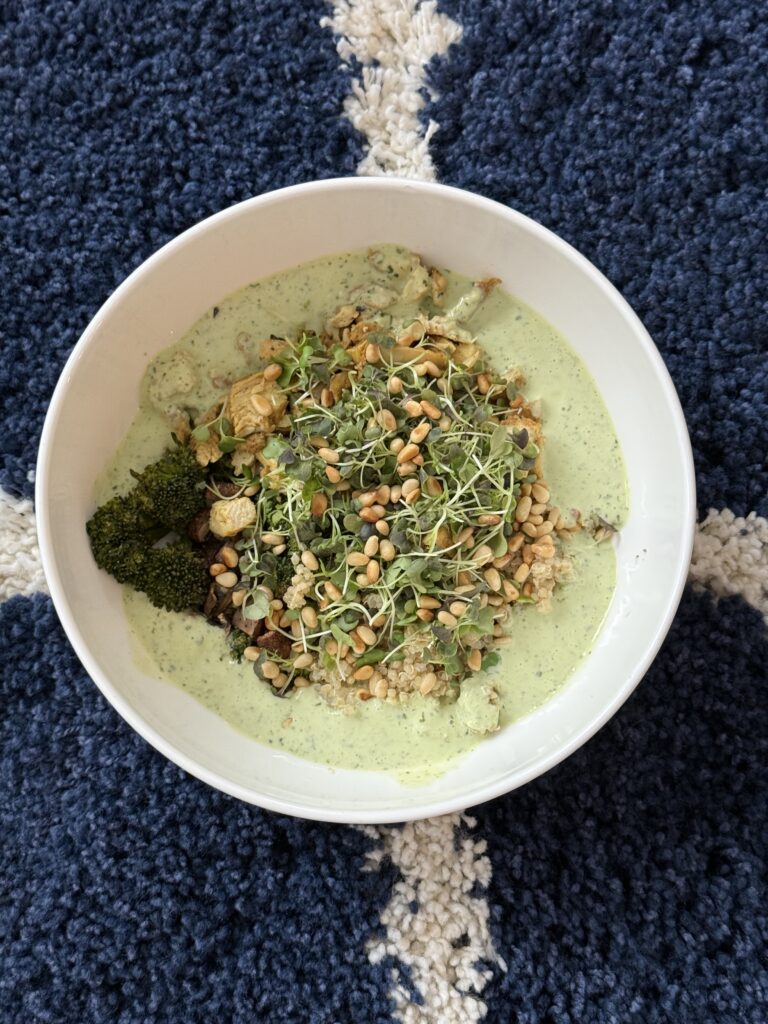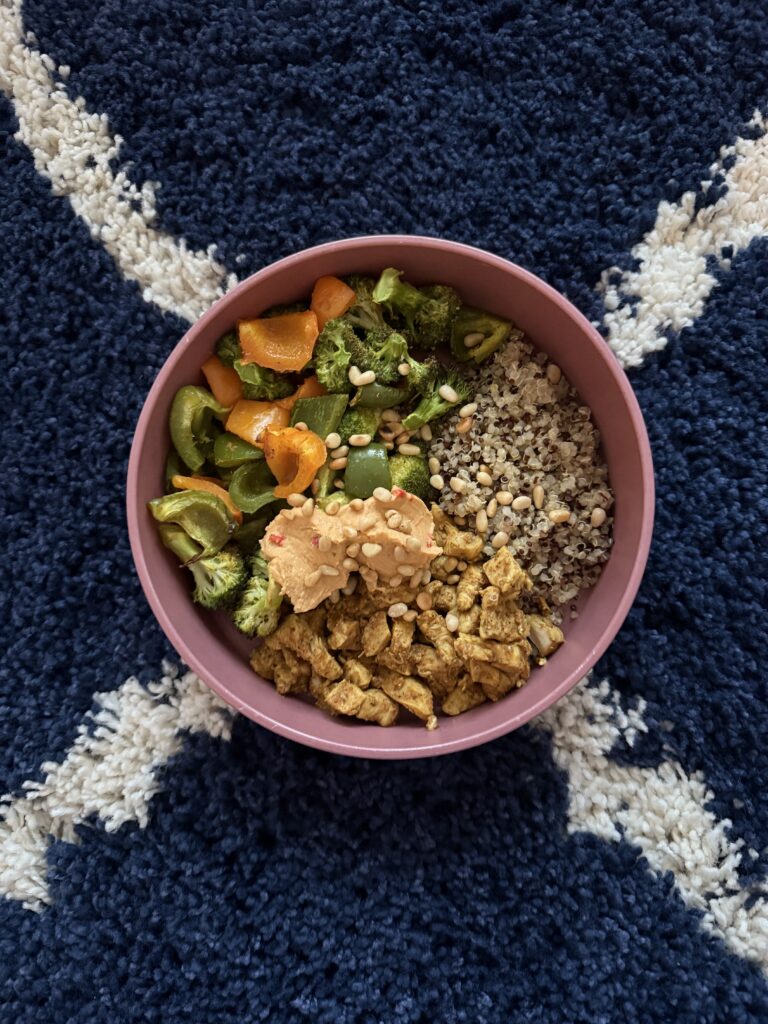A healthy gut is essential for overall well-being, influencing digestion, immunity, and even mental health. One effective way to nurture your gut is by incorporating a diverse range of plant-based foods into your diet. This article delves into the benefits of plant-based eating for gut health, provides guidance on how much to consume, suggests a variety of foods to include, and offers practical tips to make this transition seamless.

The Link Between Plant-Based Diets and Gut Health
Research indicates that plant-based diets can enhance gut microbiota composition, leading to improved health outcomes. A systematic review found that such diets increase beneficial gut bacteria, particularly those from the Bacteroidetes phylum, which are associated with health promotion.
Moreover, a study by the American Gut Project revealed that individuals who consumed more than 30 different plant foods each week had a more diverse gut microbiome compared to those who ate 10 or fewer. A diverse microbiome is linked to better digestion, enhanced immune function, and reduced risk of chronic diseases.
How Much Should You Consume?
Aim to incorporate at least 30 different plant-based foods into your weekly diet. This variety ensures a broad spectrum of nutrients and supports a diverse gut microbiome. While 30 may seem daunting, remember that this includes not just fruits and vegetables, but also whole grains, legumes, nuts, seeds, herbs, and spices.






Variety: What to Include
To achieve a diverse plant-based diet, consider the following categories:
• Fruits: Berries, apples, bananas, citrus fruits, and melons.
• Vegetables: Leafy greens, cruciferous vegetables, root vegetables, and peppers.
• Whole Grains: Oats, quinoa, brown rice, barley, and whole wheat.
• Legumes: Lentils, chickpeas, black beans, and peas.
• Nuts and Seeds: Almonds, walnuts, chia seeds, flaxseeds, and sunflower seeds.
• Herbs and Spices: Basil, cilantro, parsley, turmeric, and ginger.
Including a wide range of these foods not only benefits your gut but also enhances the overall nutritional quality of your diet.
Practical Tips to Increase Plant-Based Foods
1. Start Small: Begin by adding an extra serving of vegetables to your meals or incorporating a piece of fruit as a snack.
2. Explore New Recipes: Experiment with plant-based recipes that introduce different ingredients and flavors.
3. Batch Cooking: Prepare large quantities of plant-based meals and freeze portions for convenience.
4. Snack Wisely: Opt for nuts, seeds, or vegetable sticks with hummus instead of processed snacks.
5. Use Herbs and Spices: Enhance the flavor of your dishes while adding beneficial compounds by incorporating various herbs and spices.
By gradually integrating these practices, you can effortlessly increase your intake of plant-based foods and support your gut health.
Backed by Research
A study published in Cell highlighted that traditional diets rich in plant-based foods, such as those consumed by non-industrialized communities, significantly improve gut microbiome health and reduce inflammation. Participants who followed a plant-based diet for three weeks experienced substantial health improvements, including better gut microbiome health and reduced inflammation.
Additionally, research suggests that plant-based diets may promote an increase in beneficial gut bacteria due to their high dietary fiber content.
Conclusion
Embracing a diverse range of plant-based foods is a powerful strategy to enhance gut health. By aiming to consume at least 30 different plant foods each week and incorporating a variety of fruits, vegetables, whole grains, legumes, nuts, seeds, herbs, and spices, you can foster a thriving gut microbiome. Start with small changes, explore new foods, and enjoy the journey toward better health.





Leave a Reply